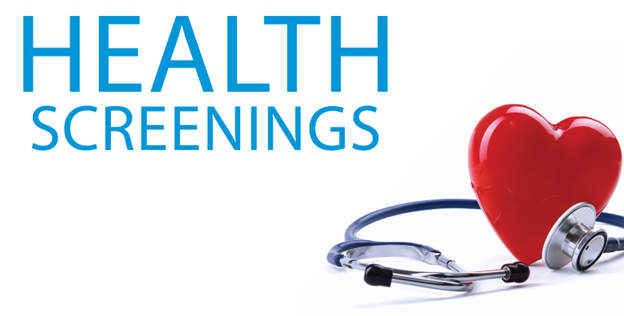Tests or disease screenings are essential parts of preventive care, they are crucial for early identification and treatment of health problems. These are tests done before signs or symptoms of a medical condition become evident. Being proactive with your health can make a big difference in healthcare outcomes, especially in Nigeria, and our ailing health systems.
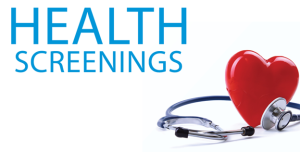
This article discusses six important preventive health checkups that you must consider doing, to be informed about your health.
1. HIV Testing
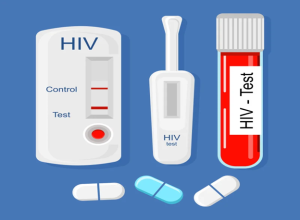
Source: Shutterstock
About 39 million people were reported to have HIV at the end of 2023 with one of the highest rates of HIV prevalence worldwide seen in Nigeria. For an early diagnosis and prompt intervention, routine HIV testing for all Nigerians is essential. Early intervention can lower the likelihood of transmission and greatly enhance health outcomes. Regular screenings are especially crucial for persons who have risk factors like pregnancy, multiple sexual partners, or intravenous drug use.
2. Hepatitis Testing
Viral hepatitis especially hepatitis B and C can cause chronic liver damage and raise the risk of liver cancer. In Nigeria, both conditions are common, and those infected may not exhibit any symptoms in the early stages until irreparable damage to the liver has occurred. For early diagnosis and treatment, screening regularly is essential. The tests are essential for stopping the development and spread of many illnesses and just require simple blood samples.
3. Screening for High Blood Pressure
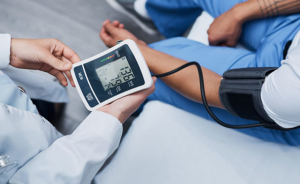
One of the main risk factors for cardiovascular illnesses, such as heart attacks, strokes, slumping, and death, is hypertension, or high blood pressure. Hypertension also known as the “silent killer” frequently exhibits no symptoms, routine blood pressure tests are essential. The WHO advises adults to have their blood pressure monitored at least once every two years. People who have additional risk factors or a family history of hypertension should be screened more frequently.
4. Screening for Diabetes
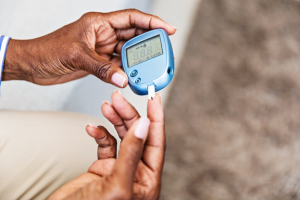
In Nigeria, diabetes cases are rising, specifically type 2 diabetes, as a result of dietary and lifestyle changes. Frequent blood sugar testing can aid in the early detection of type 2 diabetes or prediabetes, enabling prompt intervention.
People who are 45 years of age or older, as well as those who have risk factors including obesity or a family history of diabetes, ought to get screened regularly as early lifestyle management and modification can greatly help outcomes. Tests that can help detect prediabetes or diabetes early include the HbA1c test and fasting blood glucose levels.
5. Lipid Profile Tests
A lipid profile test provides information about your cardiovascular health by measuring blood levels of triglycerides and cholesterol. Heart disease risk factors include low levels of HDL cholesterol, sometimes known as “good” cholesterol, and high levels of LDL cholesterol, sometimes known as “bad” cholesterol. If you have additional risk factors including obesity or a family history of heart disease should have a lipid profile performed more frequently, and at least once every four to six years.
6. Cancer Screening
Cancer is a serious health issue, and in Nigeria, cases of breast, prostate, lung, and cervical cancers are prevalent. From age 40, or earlier if there is a family history of breast cancer, women should get mammograms. For women between the ages of 21 and 65, cervical cancer screening using Pap smears or HPV testing is advised. Early detection can greatly enhance the results of treatment and increase survival. Frequent PSA testing can aid in the early detection of prostate cancer in males. Men 50 years of age and older are advised to have it, or younger men if there is a family history of prostate cancer.
It is important to note that getting a positive test, or a high reading in any of these tests is not the end of the world. The fact remains that knowledge is power and the knowledge of your numbers/ results arms you to take charge of your health.
At Wellahealth, we offer health insurance coverage that covers consultations and treatments for some of these conditions for as low as #800/month. To subscribe to any of our affordable health plans, contact us today to subscribe!
Dr. Ifeoma M. Uduh
